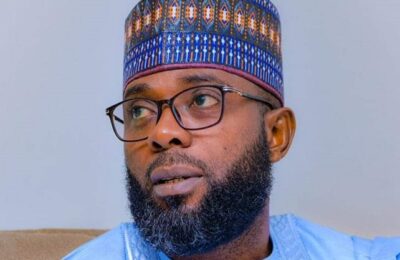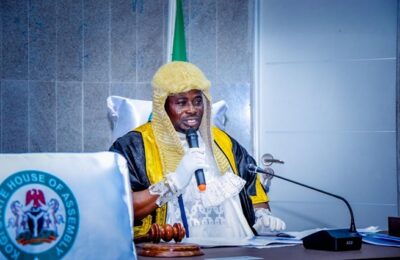First, I know for a fact that for our Nation to get out of it’s current station, there is, as a matter of great necessity, the need to make VERY drastic decisions.
Change generally is hard. Positive changes upon which our ultimate salvation as a country depends will certainly not be a piecemeal.
Added to life’s natural arduous paths to positive changes – and the positive ends thereof – are certain obstructions that I believe are peculiar to us as country. One of these is that governments’ decisions don’t appear to stem from adequate consultations with the critical stakeholders.
I use critical stakeholders advisedly because stakeholders have been reduced to a couple of privileged goons – cabals, if you like, whose interests is nothing more than how to chop money some more at any opportunity. If leadership is about service, it is important that those for whom decisions are carried along every step of the way. We need to redefine who a stakeholder is.
Africa is largely paternalistic. This is why, without recourse to research, government often throws stuff at its people hoping that the policies would ultimately find a way to sit well with them, and that the people would someday ‘appreciate’ such efforts. Bad news, democracy thinks differently.
Participatory governance, which in fact is the very spirit of democracy, does not only require continuous consultations between decision makers and the stakeholders before a policy goes into effect, it requires that people are adequately educated so as to be able to make a sense of whatever is being done.
Another problem, as I see it, is that we love to pull the cart before the horse. Recently, I heard this campaign about open defecation and I said, yeah, this campaign is good. But where was the public toilet? Pretty much the same way we want to restore sanity by fending off the young men and women who are eking out a living in the Okada business but fail to, on one hand, provide enabling environment for them to make jobs, and to provide adequate and affordable alternatives means of transportation. We don’t seem to put in mind the fact that the nuisances that we think Okada/Keke is is a reaction to our failure to make good of composite functions.
But, as I see it, more scary is the fact that our nation is producing a population that increasingly cannot seem to draw the line between what matters and what doesn’t. Somehow we cannot make sense of what is good for us. We have a population that applies political, ethnic and religious coloration on everything. Sadly, even our understanding of these key factors are damn watery and caustic.
Nigeria must waste no more time before we crown our philosophers as kings.
Frankly, I believe we can do well without Okada/Keke if the authorities mean business. But I fear for the army of jobless men and women who may be drawn into violent crimes such as are already getting our security systems all worked up. We cannot run away from our shadows. Can we?
The question therefore is, what are we addressing? What do we consider most expedient? The nuisances of bikes/Keke is a child’s play when compared to the terror of crimes which is going to be one of the most immediate responses to the potential mass job loss.
Back to basics, I call on the relevant authorities to engage more with the people. Also, I believe that our social entrepreneurs should get into research and advocacy and supply data (with unassailable integrity) and sell same to policymakers. This will help them make decisions that would truly serve. The spate of policy summersaults would be drastically reduced, too.
– Oshaloto Joseph Tade writes from Lokoja, Kogi State.





